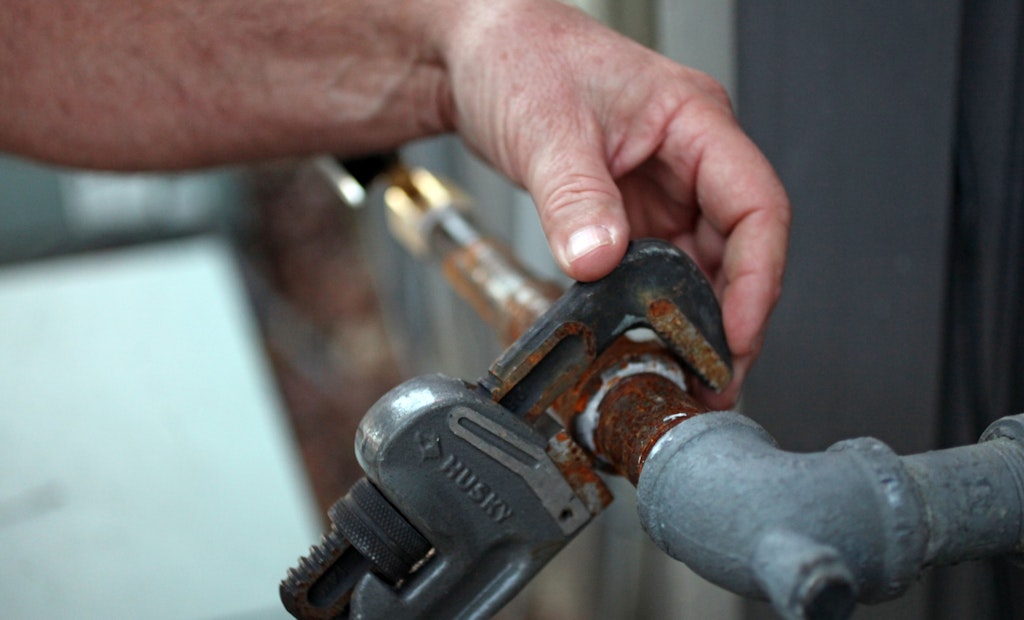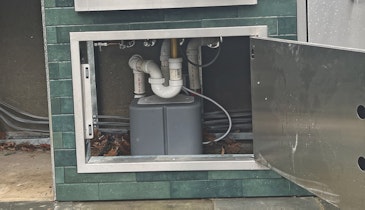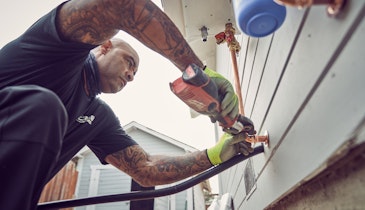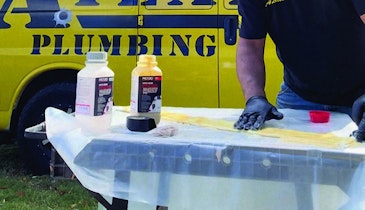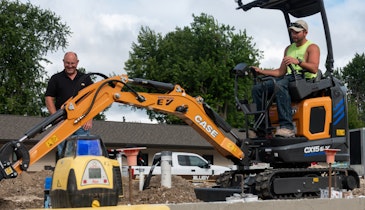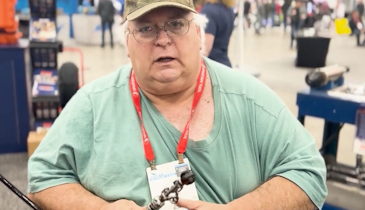They first took all of Mother Nature’s resources, harnessed them, and piped them through to each lot of land. They built the houses we live in, and the offices and skyscrapers where we work. Then they connected these cities and towns with massive highways, railroads, and airport runway systems. They strung lights throughout our country and gave us clean drinking water and fuel for heating our homes. They built our churches, stores, offices, and factories. They moved both land and sea to carve our way of life into place. They went in with bulldozers and dynamite and cut down mountains. They are construction men and tradesmen. Masters of Earth.
I am one of those tradesmen. I’m the youngest plumber where I work and our market is struggling to get younger people interested in the field because it seems like we are always looked down at. It seems like there is no pride in our profession these days. Every young person we speak with says their counselors and parents would rather they work at McDonald’s than be a dirty plumber or construction worker.
Fifty years ago and beyond, being a tradesman was a prideful thing. Large portions of America’s population were blue-collar workers who made things with their own hands, perfecting their own craft and mastering their skills. A world of techniques, tricks, and methods. Factories filled with glassworkers, steelworkers, and sawmill workers provided solid materials for the construction industry. Coal miners provided the natural resources to fuel the world. The construction workers built America, and tradesmen perfected their own arts. We were a thriving, breathing, unstoppable force.
This manual labor force had an attitude. There was no bragging or bravado needed. They would do the most physically demanding task you had ever done in your entire life like it was nothing, and do it all day long only to move onto the next impossible task. They were the best at what they did and they knew it. There was “us” and then there was “everyone else.” Being a construction man, tradesman, and blue-collar worker was heroic. Your wife and children were proud of what dad did for a living. Neighborhoods of blue-collar workers made the trip home after a long day’s work to well-established and proud families.
To us, sitting in an office filling out paperwork, taking deposit slips, or answering phones sounds horrible. Why would you do that when you could be doing meaningful work with your hands? What people sometimes fail to realize is that while the bankers and businessmen are making decisions on what to do with other people’s money for an investment, construction men are making make-or-break decisions with million-dollar pieces of equipment handling millions of dollars’ worth of material just about every second of every day. We just make it look easy.
Look around at the country in which you live. Look at your hometown. Look at your house, highway, sidewalk, city street, bridge, dam, lock, shopping center, movie theater, sports arena — everything made by us.
But instead of being treated like royalty, we are sometimes treated like dirt. This is partly because anyone who has done manual labor for a living has been humbled by hard work. It has made us into quiet and respectful human beings with a silent type of dignity. We know what it is like to be hungry. We have all literally worked until we’ve bled. We have worked in sweltering heat, as well as 30-below-zero temperatures. Every day it feels like we have been in a 12-round fight. We come home dirty, sweaty, and hurt. The neighbor sees us coming into the house and thinks to themselves “Poor guy, if he would have just stayed in school he could have become a doctor.” After a long week of work we just wave, sigh, and say “Whatever.”
The truth is we completely understand what it means to do meaningful work and feel accomplishment. Everything that we do takes a mastery of engineering, science, practical wisdom, financial prowess, and years and years of experience that has been passed down through centuries of craftsmen.
I hope this makes people — young people in particular — feel great pride in being part of the working class.
About the Author
Anthony Pacilla is a master plumber for McVehil Plumbing in Washington, Pennsylvania.
